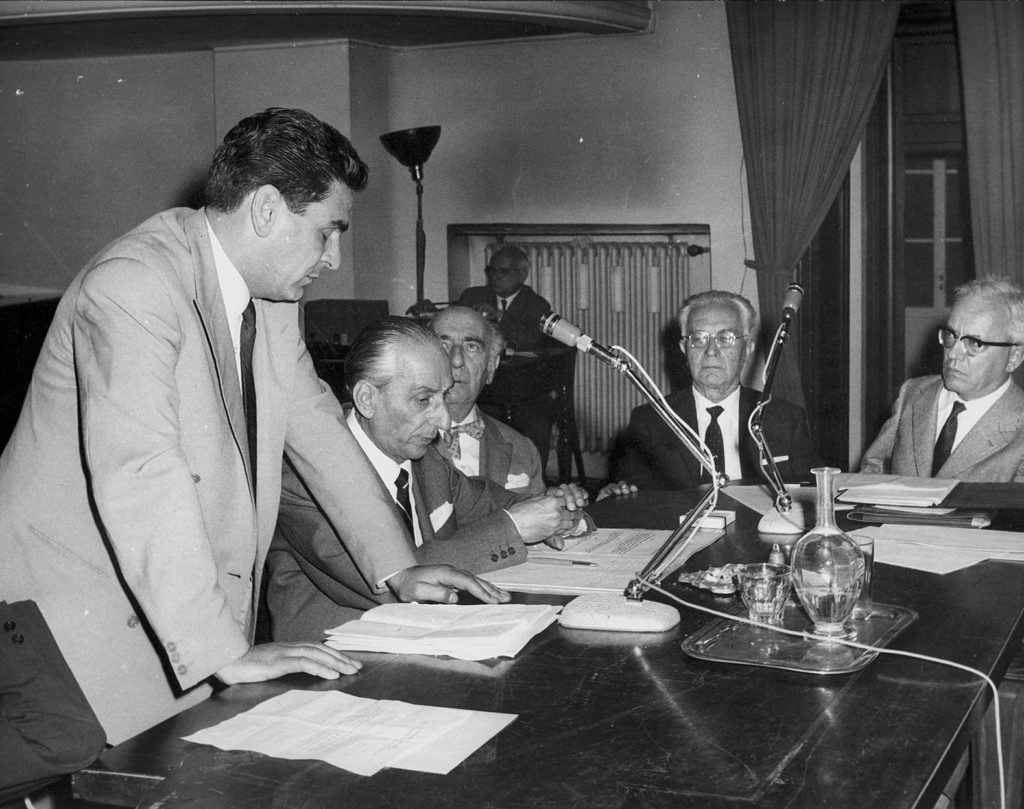Music and Culture
and the Fiesola Summer Festival

Well aware of the gap between music and culture in our country, aware of the degree to which a true musical culture is lacking — the kind of musical culture that, in other European countries, leads ordinary people to enjoy music in a tradition of non-mainstream, intimate settings (such as so-called “Hausmusik”), Farulli was determined to attempt to close this gap. Of no help was the fact that musicians and teachers were not required to have a cultural education over and beyond a strictly musical one, while politicians and other persons involved in cultural activities could easily ignore Beethoven.
Farulli’s first step along this journey, once the Music and Culture Council had gotten underway in 1966, was to create the Fiesola Summer Festival: Estate Fiesolana. To do this he involved an important local community center, the so-called casa del popolo. Literally, “the house of the people,” the casa del popolo is a local, primarily working-class community center located in the center of most towns in Italy, where there is space where people, including the elderly, can gather, have drinks, have meetings, play cards, and generally feel “at home.” Cultural activities can be organized there as well. Thus, as part of the Fiesole Summer Festival, concerts were organized in off-beat spots such as farmyards, community centers, and churches, in order to reach an audience that was new to musical culture.
The most vibrant and visible personalities of the time, from Dallapiccola to Carloni, from Petrassi to Massimo Mila and Andrea Mascagni brought their energies focusing on the central questions of musical life: the need for radical reform of music education. This meant tackling the reform of conservatories in Italy, but it also meant reaching the point where hands-on musical activity — learning a musical instrument and playing in an ensemble — would become part of the ordinary curriculum in schools of every kind and at every level
In the congresses of 1966, 1969 and 1973, these themes were addressed and turned inside out, with the prospect of true reform. Over these decades, indeed, much has been accomplished, but there is still so much to do.
Piero Farulli has borne witness to the specific cultural value of music, an unparalleled instrument of socialization, of learning how democracy works, of a group effort to create something of beauty. In making music together, each individual acquires a sense of self by means of the participation of the others.







